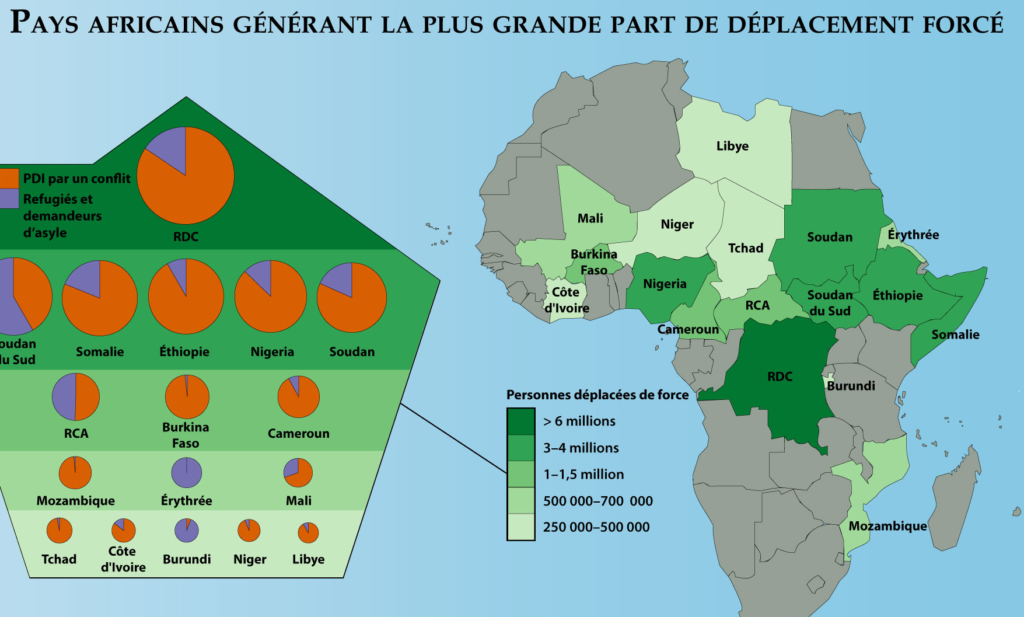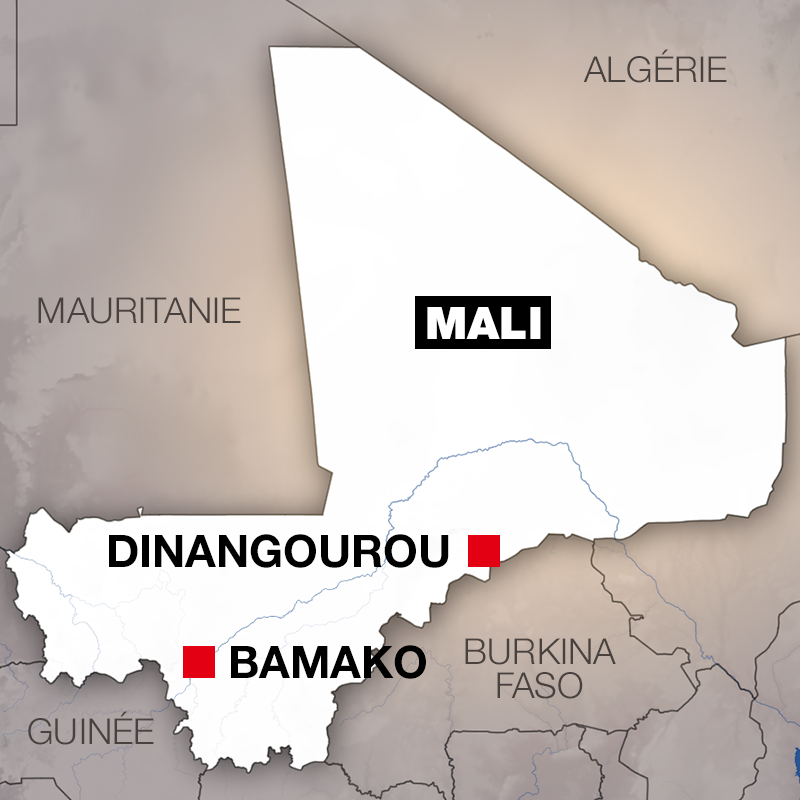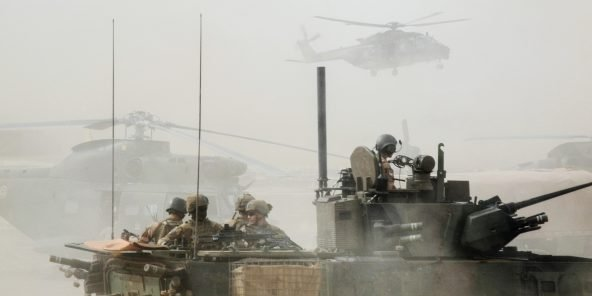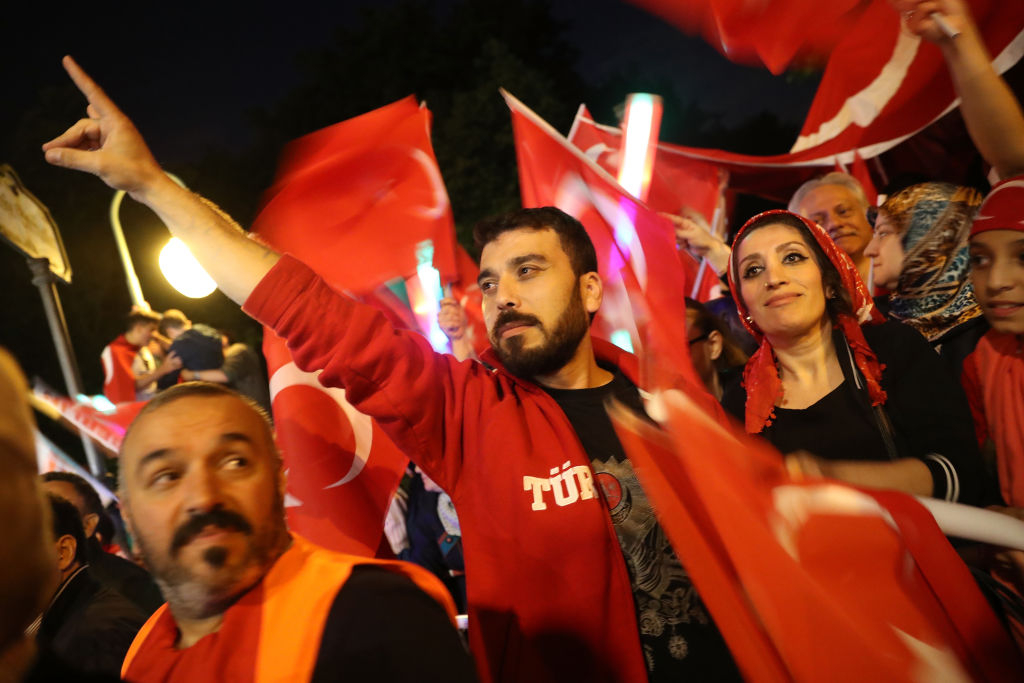A sports academy, an expensive fence for the football field in the churchyard, the restoration and work of churches whose priests preach to vote for Fidesz, the party of Hungarian Prime Minister Viktor Orban, are only a few donations from the Hungarian government in Serbia from 2011 to 2020. Investments worth more than 70 million euros, according to experts CINS spoke to, are the Orban’s attempt to expand his political influence.
Totovo Selo (Tóthfalu) is located in Vojvodina (Vajdaság), in the north of Serbia, with about 700 inhabitants, a church school and the Roman Catholic Church of St. Joseph the Worker (Munkás Szent József Római Katolikus Plébánia). In 2012, 16,850 euros were deposited on the account of this church. The Hungarian investment had nothing to do with religion but with sports – according to the documentation obtained by the Center for Investigative Journalism of Serbia (CINS), the money was intended for the building of a fence around one (of the three) football fields, a net behind the goal and a small tribune.
According to Jane Utaši (Utasi Jenő), a priest and founder of a local football academy, it is a panel fence, that is, as the CINS journalist saw himself, a green steel net with pillars at approximately two meters.
Such fence, as we were told by the companies that sell them, should not cost almost 17,000 euros. For about 380 meters of the total length of the fence, including the protective net behind the goal, the church could have paid less than 10,000 euros.
“It’s for that fence and it cost so much,” Utaši told CINS journalist. He admitted that setting up a fence and a tribune was expensive, but he persistently claimed that the money was spent just for that. He doesn’t have bills for the construction, because many years have passed.
As CINS found out, a building permit has not been issued for three playgrounds on the church plot to date. Although, according to the then Law on Planning and Construction, sports fields are not exempt from issuing building permits, Utaši claims they did not need it.
When asked why the money was paid to the church and not to a sports association, Utaši answered:
“A sports association may exist today, but not tomorrow, and if there is a church today, there will be one tomorrow. On the other hand, we help the sports association with our fields.”
The investment in Totovo Selo shows a combination of the Hungarian Prime Minister Viktor Orban‘s two passions – sports and religion. However, this is just one of his Government’s several thousand donations to Serbia through the Bethlen Gabor Foundation. In the last ten years (2011-2020), it donated over 70 millions euros, and at least 143 million euros for the work of churches, the National Council of the Hungarian Ethnic Minority (as a representative body of this minority), work of Hungarian media CINS wrote about, for the renovation and running of kindergartens and schools, as well as for strengthening Hungarian culture through cultural institutions, theaters and festivals.
Professor of the Faculty of Political Sciences (FPN) and president of the non-governmental organization Center for Foreign Policy, Dragan Đukanović, estimates that the money aims to strengthen Orban’s influence outside the borders of Hungary.
“It’s all part of Orban’s Pan-Hungarian plan. In the Carpathian Basin, he wants to strengthen their (Hungarian) political leaders and their political options, and they, in turn, support him. (…) That’s the internal homogenization in Hungary and homogenization of Hungarians in that Carpathian basin”, says Đukanović.
PRAYER FOR CANDIDATES
Although at the beginning of his political career, in the 80s, Viktor Orban (Orbán Viktor) was an atheist, with the growth of power and a turn to the right in the political sense, his attitude towards religion also changed – today he figures as a protector of Christianity. He also implements his ideology in Serbia, so from 2011 to 2020, Hungary paid 7.3 million euros to religious communities. For that money they renovated churches, built kindergartens next to religious buildings, as well as Christian schools and dormitories.
In some cases, Orban’s generosity inspired the political support of priests.
Before the 2018 elections in Hungary, Gabor Dolinski (Dolinszky Gábor), the deputy bishop of the Evangelical Christian Church in Serbia, participated in a public event alongside members of the Alliance of Vojvodina Hungarians (SVM), the sister party of Orban’s Fidesz.
According to Magyar Szo (Magyar Szó) daily, at a pre-election discussion Dolinski told Hungarians with dual citizenship that they had a duty to vote in the elections because of everything home country had done for them in “material, economic and spiritual terms.” He then advised his compatriots to apply for financial support and that after receiving the money, there will be no dilemma who to vote for.
Dolinski works as priest in city of Subotica (Szabadka), in a church that received around 2.7 million euros in the previous 10 years through the Bethlen Gabor Foundation. With that money, they bought a car, a minibus, paid the operating costs and renovated the evangelical church in an hour’s drive away town of Vrbas. He is also a member of the National Council of the Hungarian Ethnic Minority, and every year Hungarian president and prime minister have lunch with him and other heads of churches who hold services in the Hungarian language in Serbia, as a support.
Dolinski says he wanted people to vote for SVM because through that party the Government donates to the Hungarians.
“No one else supports people financially. We are not talking about the party, nor the church, but the people.”
This story was written in collaboration with colleagues from Slovenia, Croatia, Slovakia and Romania, as part of the international project HUNGARIAN MONEY, ORBAN’S CONTROL . Our countries, along with Ukraine, received largest number of donations from the Bethlen Gabor Foundation.
In the last 10 years, the Foundation approved grants to churches, educational and cultural institutions, scouts, media outlets and individuals in 46 countries in the amount of at least 1.7 billion euros. Due to the way the Foundation publishes the data, we do not know exactly how much money the Foundation paid. More in the article HERE .
Speaking to CINS journalist, religious analyst Draško Đenović drew a parallel with the Serbian Orthodox Church (SPC), which received money from the Serbian Government. Đenović sees this as a way of winning political points, adding that it is not unusual for priests to encourage believers to vote for a certain political party:
“Of course, that is normal. Why do you think Serbia gives so much money to the Serbian Orthodox Church from its budget? (…) It’s all because of politics. They all want votes.”
While Jane Utaši, a priest of the Catholic Church, believes that the church should not interfere in politics, priest Čaba Paško (Paskó Csaba) doesn’t share such an opinion. Paško is a member of the National Council’s Executive Board, but he also deals with gourmet food – he has a cooking show on RTV Pannon, but he was also a “spice” in the political activities of SVM.
In 2020, on a live broadcast on his Facebook profile, he invited his parishioners to vote for Balint Pastor (Pásztor Bálint), the son of SVM president Ištvan Pastor (Pásztor István), while running for mayor of Subotica. Pastor didn’t win the local elections but was appointed president of the city assembly. Čaba Paško was also active in 2016, when he propagated Islamophobic attitudes at the SVM discussion in connection with Orban’s referendum against the placement of migrants in the countries of the European Union.
“I don’t think the church should be separated from the state doings. In addition, the fate and the development of the church is determined by politics,” Paško told CINS.
Through the Bethlen Gabor Foundation, the Government of Hungary paid a total of 157,000 euros to the Diocese of Subotica in 2017 and 2018 for the construction of the House of the Church Community (Márton Áron Közösségi Házban) in Kelebija (Kelebia), where Paško’s parish is located. That place houses the cultural association Ferenc Gaal (Gaál Ferenc), whose president is Paško.
Paško admits his opinion on politics is influenced by the fact his church gets the money:
“Well, of course it does. What is in our favor is in favor of politics. That’s where we work together.”
FPN professor Dragan Đukanović believes that there is a “rigid connection” between politics and the church.
“Did someone dare, when the patriarch (Irinej) was buried, to say that the (corona virus) measures were being violated, to forbid kissing that coffin. Or in Montenegro, did anyone dare to say anything when Amfilohije (SPC bishop) was buried? As I told you, everyone is trying to have good relations with them (the church), especially Fidesz, who is trying to preserve these supposed values. (…) The church is support for these traditionalist, conservative and populist forces,” underlines Đukanović.
Sociologist of religion Slobodan Sadžakov believes that if several priests favor certain political option, that may be seen as an exception, but in case there is this tendency, that would be a “big problem”.
Political influence of the “sister” party increases
In parallel with the growth of capital from Hungary, the number of SVM representatives in the national and provincial parliaments is also increasing. The number of MPs tripled (from three seats in 2007 to nine in the current convocation), while the number of deputies in the Assembly of the Autonomous Province Vojvodina, assembled from 120 deputies elected in direct elections, increased from four in 2012 to 11 in the last elections. Vojvodina Assembly is headed by SVM president Ištvan Pastor.
“It is one thing if it is an idea or activity of an individual or two persons, but it would be different if it is an organized ideological action organized by the church. If there were 10, 15, 20 people, it would clearly mean that it is (they are) somehow in tune with the institution. This way you can always have one or two individuals doing something on their own because of some petty dealings with certain politicians,” Sadžakov told CINS.
PARALLEL STATE
“History exam”, reads the caption under one photo on Orban’s official Facebook profile from May 2020. The photo shows a map of “Greater Hungary”, an ideological idea that seeks to expand Hungary and include all Hungarians in one common state, including Serbian province of Vojvodina. There was no annexation of the Serbian northern province, but large amounts of money managed by the Hungarian Government are pouring there for Hungarian institutions, associations and foundations.
Orban’s Government invests in all social spheres – from education, through culture to sports. The football academies Orban builds in the Carpathian region have not bypassed Serbia – he personally opened one of them in September 2018 in Bačka Topola.
CINS reveals that in the previous three years, Hungary decided to give at least 32 million euros for the academy through the Bethlen Gabor Foundation, of which at least 4.2 million euros were paid. Also, media reported before that Hungarian Football Federation paid 9.5 million euro for the academy construction, but it was not investigated how exactly this money was spent.
However, in 10 years, the most money from Budapest went to the account of the National Council of the Hungarian Ethnic Minority – around 20 million euros. According to official data, the money was used for school scholarships, construction of kindergartens, subsidies for salaries in primary schools, car purchase, but also for the construction of a memorial park to Hungarian writer Deže Kostolanji (Kosztolányi Dezső) in Subotica.
Jene Hajnal (Hajnal Jenő), the Council’s president, says they apply for the money from the Foundation, and after the money is spent they send reports to Hungary.
“It takes a week to prepare (a project) for that money. It is a competition, (you have to say) what it will be used for, how, and then there is control.”
In 2021, the Council announced a budget increase of 24%.
The strongest Hungarian political party in Serbia – the Alliance of Vojvodina Hungarians (SVM) – has a great influence on the Council. Namely, out of 35 members of the Council, 16 are from the ranks of SVM. They also share the address and premises since 2016. In the same premises is the Karolj Biro Foundation, established by SVM.





